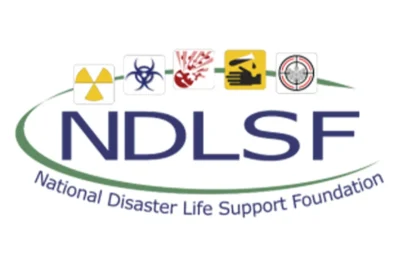
Advanced Disaster Life Support (ADLS)
Advanced Disaster Life Support (ADLS)
Who Should Attend?
This course is intended for advanced clinical and operational personnel, including:
- Physicians & Nurses
- Paramedics & EMTs
- Pharmacists
- Physician Assistants
- Allied Health Professionals
- Public Health and Disaster Management Students
Notes:
What You Will Learn:
By the end of this course, participants will be able to:
-
- Shift from individual to population-based care in disaster settings
- Practice and apply mass casualty triage systems
- Manage surge capacity and resource allocation in overwhelmed healthcare systems
- Perform roles in an Emergency Operations Center (EOC) or Incident Command Center
- Understand legal, regulatory, and ethical frameworks guiding disaster response
- Select appropriate PPE and decontamination measures
- Apply hands-on clinical skills in all-hazards simulations
Participants will engage in:
📘 Five Key Lectures
-
- Disasters and Public Health Emergencies
- Triage in Disasters and Public Health Emergencies
- Surge Capacity in Health Systems
- Community Health Emergency Operations & Response
- Legal and Ethical Issues in Disasters
🛠 Essential Training Exercises:
-
- Mass Casualty Triage Tabletop & Simulation Exercises
- Surge Scenario Planning for Healthcare Facilities
- Emergency Operations Center (EOC) Situational Exercise
- Population-Based Scenario Discussions
- Personal Protective Equipment (PPE) Selection & Decontamination Review
- Simulated Clinical Response to Multi-Casualty Events

